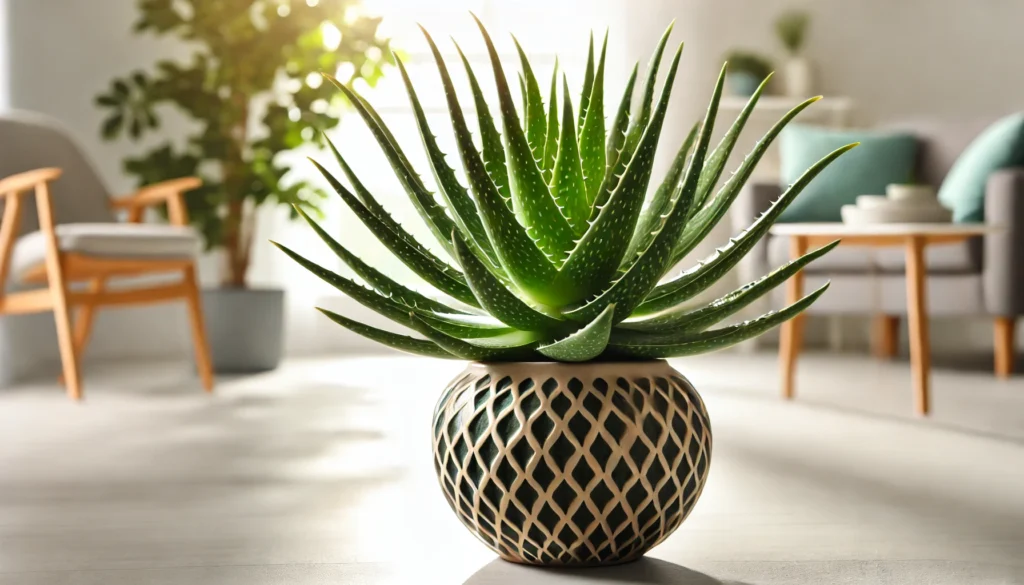
The Orange Tree, formally known as Citrus sinensis, is a delightful and vibrant addition to any garden or indoor space. Known for its bright, fragrant flowers and delicious, juicy fruit, an Orange Tree can grow up to 30 feet tall in optimal conditions. Dwarf varieties, perfect for container gardening, typically reach about 6-10 feet tall. This versatile plant not only provides fresh oranges but also adds a cheerful aesthetic to your environment.
History and Ideal Growing Conditions
The Orange Tree has a rich history, originating in Southeast Asia and later spreading to India, China, and eventually Europe and the Americas through trade routes. Today, oranges are a staple in many cultures, enjoyed for their sweet flavor and health benefits.
For optimal growth, Orange Trees thrive in warm, sunny climates, ideally in USDA hardiness zones 9-11. They require full sun, at least 6-8 hours per day, and well-draining soil. These trees are well-suited for outdoor gardens in suitable climates, but they can also be grown indoors in containers, provided they receive enough light.
Toxicity and Pets
While the fruit of the Orange Tree is safe for both humans and pets, other parts of the tree, such as the leaves and stems, contain essential oils that can be toxic if ingested in large quantities. If you have pets, it’s important to keep them away from chewing on the tree’s foliage to avoid any potential health issues.
Best Practices for Caring for an Orange Tree
Caring for an Orange Tree involves attention to watering, soil quality, light, and temperature. Here are some essential tips to help your Orange Tree thrive.
Watering and Humidity
Orange Trees prefer a consistent watering schedule. During the growing season (spring and summer), water the tree deeply once or twice a week, ensuring the soil remains moist but not waterlogged. In the winter, reduce watering to once every two weeks. Maintain moderate humidity levels, especially for indoor trees, by misting the leaves occasionally or placing a humidifier nearby.
Soil, Light, and Temperature
Use a well-draining potting mix, ideally one formulated for citrus or succulents. Orange Trees need full sun, so place them in a location where they receive at least 6-8 hours of direct sunlight daily. Ideal temperatures range from 55-85°F (13-29°C). While they can tolerate short periods of cooler temperatures, prolonged exposure to frost can damage the tree.
Common Problems and Remedies
Orange Trees are generally hardy, but they can encounter some common issues. Overwatering can lead to root rot, so ensure the soil dries out slightly between waterings. If you notice yellowing leaves, it could be a sign of nutrient deficiency or poor drainage. Check your watering habits and consider using a balanced fertilizer to address nutrient needs.
Pests such as aphids, spider mites, and scale can affect Orange Trees. Regularly inspect your tree and treat any infestations with insecticidal soap or neem oil. For indoor trees, be mindful of the humidity and air circulation, as stagnant air can exacerbate pest problems.
Propagation and Benefits
Propagating Orange Trees can be done through seeds, cuttings, or grafting. While growing from seeds is possible, it is a slow process and may not produce fruit identical to the parent tree. Grafting is the most reliable method for producing fruit-bearing trees and involves joining a cutting from a mature tree to a rootstock.
Growing an Orange Tree has numerous benefits. Not only does it provide fresh, homegrown oranges, but it also enhances the aesthetic of your garden or home with its glossy green leaves and fragrant blossoms. Additionally, Orange Trees can improve indoor air quality and bring a touch of nature indoors.
Final Thoughts
The Orange Tree is a bright and cheerful fruit-bearing plant that can bring joy and fresh produce to your home or garden. Whether you grow it outdoors in a sunny spot or indoors in a container, this versatile tree is sure to delight with its vibrant flowers and delicious fruit. By following the care tips outlined above, you can enjoy the beauty and benefits of an Orange Tree for years to come. Happy gardening!
Stay connected with the world of plants! Subscribe to Phylofy for expert gardening tips, DIY projects, and eco-friendly inspiration. Join our community and nurture your love for nature. Don’t miss exclusive content and updates. Subscribe now!



